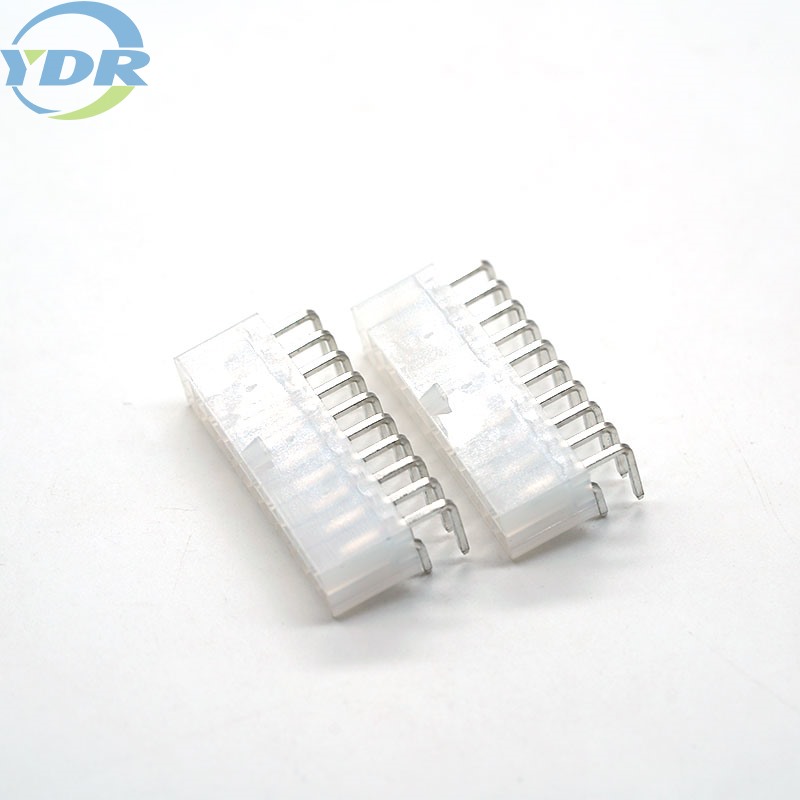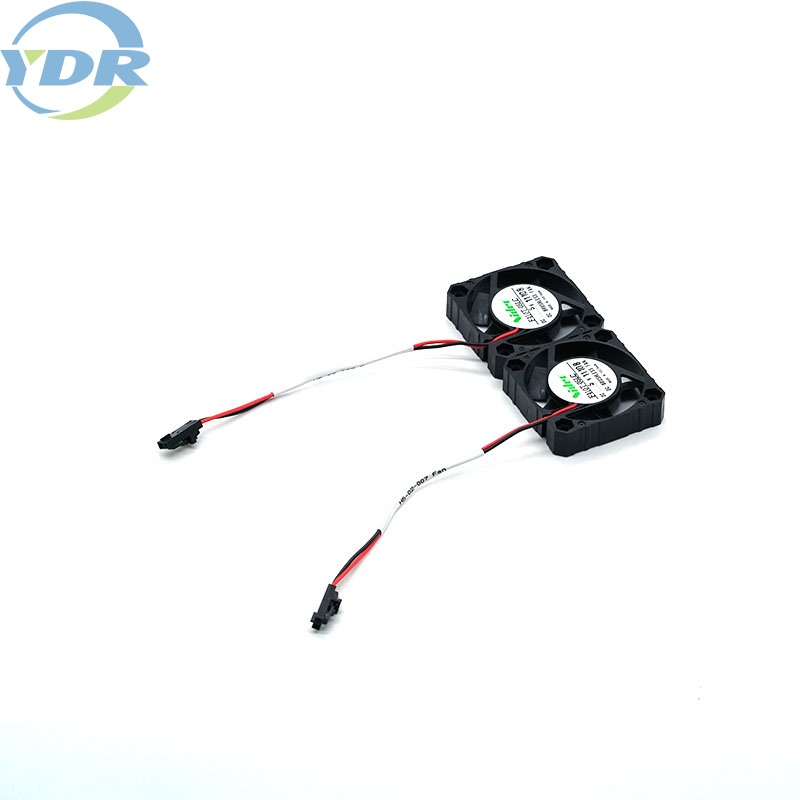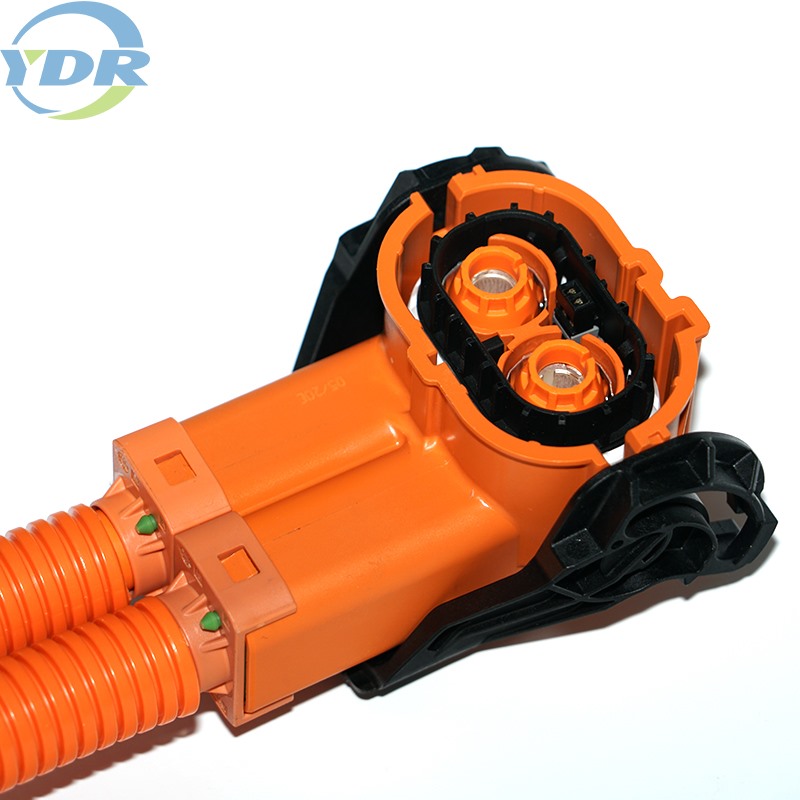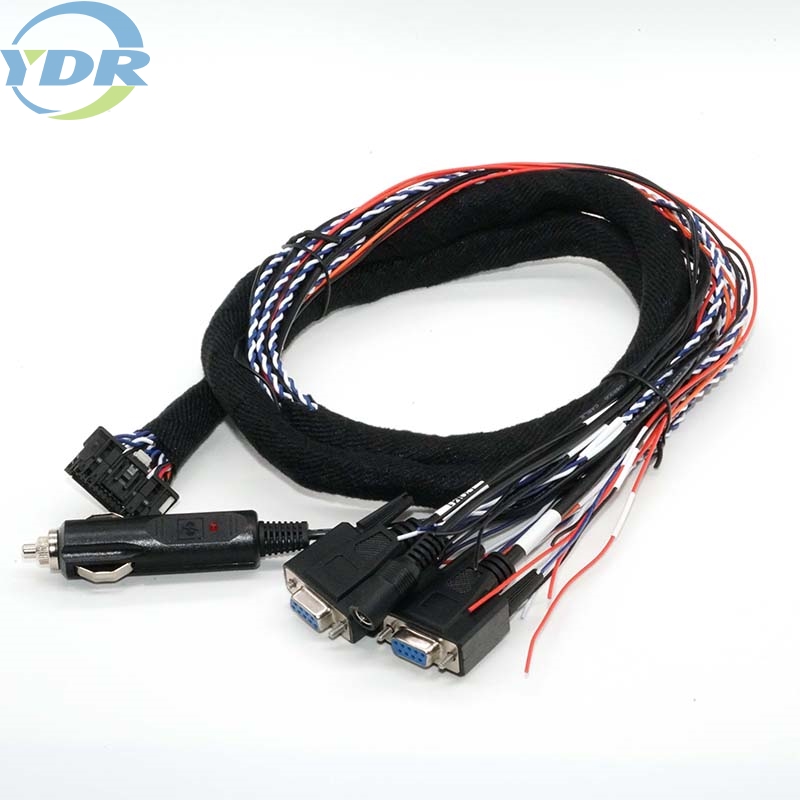Rozdiel medzi káblovým konektorom a zariadením
konektor
The cables themselves are useless unless they end with a konektor or a more special coaxial konektor. A coaxial konektor allows one cable to be connected to another cable or a device. Therefore, there are two different types of konektors: those connected to the cable and those connected to the device. The device konektormá štvorotvorovú prírubu.
1. Kábel centralizovanýkonektor
In a cable, the konektor is mechanically tightly connected to the end of the cable. Once the konektorje pripojený ku káblu, stáva sa z neho káblová zostava. RF inžinieri potom spoja každú časť podľa vlastných potrieb. Keď je potrebných iba niekoľko káblových zväzkov, sú cenovo dostupnejšie a rýchlejšie sa montujú samy; ale keď je potrebných veľa káblových zostáv, je lepšie kúpiť káblové zostavy.
2. Konektor
Cieľom každého
konektor is the same, with minimum insertion loss. Although the insertion loss of the konektor is very small compared with the cable, the
konektor does have an insertion loss, and there are many different types of konektors. Almost all konektor families have konektors suitable for cables and devices. As a general rule, the konektors of one group will not match the konektors of another group.
Because some konektors are large in physical size, while others are small. If an inexpensive cable assembly is needed, then choose a small diameter cable, which limits the choice of
konektors to the small konektor family available. If the cable needs to carry high-power radio frequency signals, a large-diameter cable is required, so a large
connector sa vyžaduje.
The second reason is evolution. As the times change, konektor manufacturers often improve the connection according to actual needs, or reduce the insertion loss, or facilitate the use of the connection. Significant changes are made to an existing konektor type each time.
3. Adaptér
Kvôli týmto rôznymkonektorrodín, objavil sa zaujímavý jav. RF inžinieri sú nútení pripojiť kábel s jednýmkonektor to another cable or device with a different konektor family. This cannot be done. The adapter is that they are in step. Adapters, also called coaxial adapters, are short bilateral konektors. On one side is one type of konektor, and once is another type of konektor.

 English
English  Español
Español  Português
Português  русский
русский  Français
Français  日本語
日本語  Deutsch
Deutsch  tiếng Việt
tiếng Việt  Italiano
Italiano  Nederlands
Nederlands  ภาษาไทย
ภาษาไทย  Polski
Polski  한국어
한국어  Svenska
Svenska  magyar
magyar  Malay
Malay  বাংলা ভাষার
বাংলা ভাষার  Dansk
Dansk  Suomi
Suomi  हिन्दी
हिन्दी  Pilipino
Pilipino  Türkçe
Türkçe  Gaeilge
Gaeilge  العربية
العربية  Indonesia
Indonesia  Norsk
Norsk  تمل
تمل  český
český  ελληνικά
ελληνικά  український
український  Javanese
Javanese  فارسی
فارسی  தமிழ்
தமிழ்  తెలుగు
తెలుగు  नेपाली
नेपाली  Burmese
Burmese  български
български  ລາວ
ລາວ  Latine
Latine  Қазақша
Қазақша  Euskal
Euskal  Azərbaycan
Azərbaycan  Slovenský jazyk
Slovenský jazyk  Македонски
Македонски  Lietuvos
Lietuvos  Eesti Keel
Eesti Keel  Română
Română  Slovenski
Slovenski  मराठी
मराठी  Srpski језик
Srpski језик 





